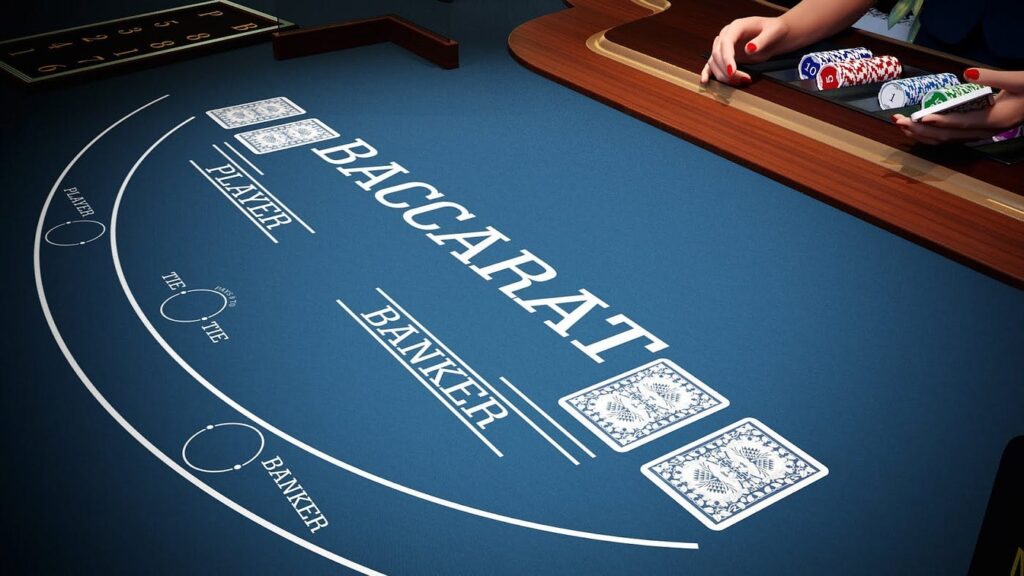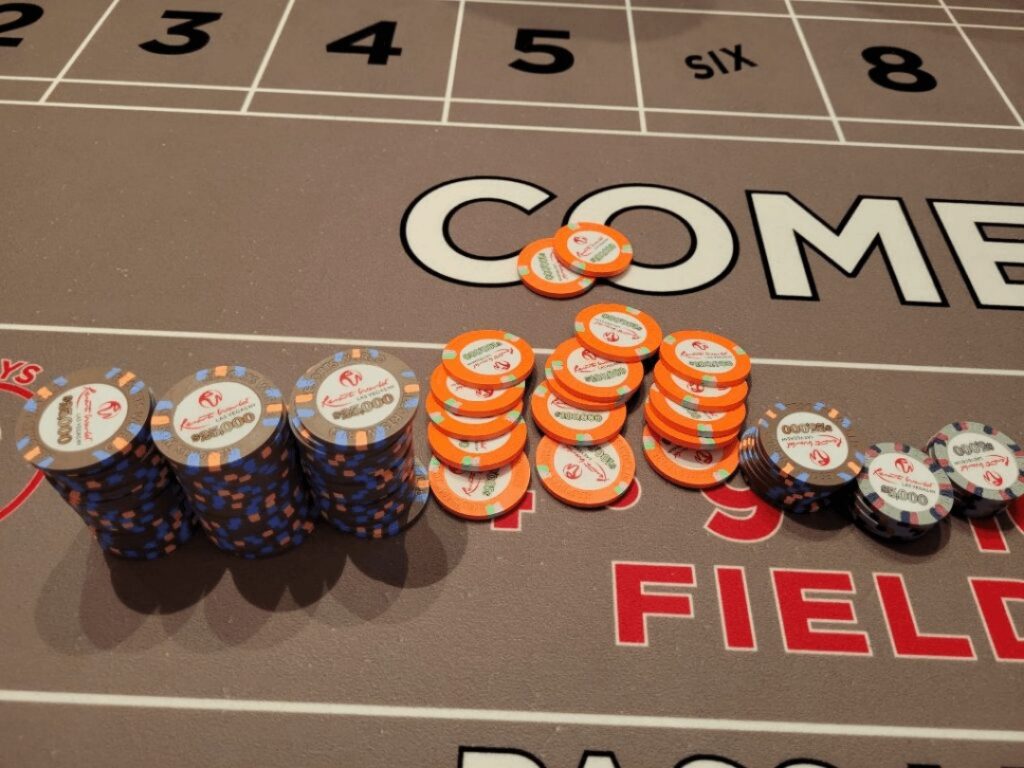Understanding Your Position With a Big Stack
When you find yourself holding over 400 big blinds, it’s an enviable spot, but it also comes with challenges. It’s essential to remember that, although your stack is large, it doesn’t automatically make you the table’s dominant player. Managing a large stack requires strategic thinking, not just aggression. As Doug Hull wisely suggests, understanding the dynamics of a cash game is key, especially when you’re deep-stacked. With more chips, it’s tempting to bully the table, but this can backfire if you’re not mindful of effective stack sizes. Remember, 90jili, each decision counts, regardless of how much you have in front of you.
Effective Stack Sizes and Reality Check
Even with a ₱103410.00 stack, it’s important to recognize that you’re not playing with all of it in every hand. If your opponent only has ₱28725.00, that’s the maximum you can effectively win or lose in a hand against them. This reality grounds your decision-making and prevents reckless plays. Many players, after tripling up, assume they can control the action, but in truth, 90jili, the deeper you are, the more caution you should exercise. Deep stacks don’t automatically equate to dominant control.
Short Stacks: The Real Bullies
One of the most surprising aspects of cash games is that the short stacks often wield more power than deep stacks. Their aggressive all-in moves can pressure larger stacks to fold, even with a good hand. As Hull explains, when a short stack pushes all-in, you’re forced into tough decisions where calling often doesn’t offer enough value. 90jili, the short stack forces you to play tighter, reducing the chances for you to leverage your big stack. Understanding when to fold against such pressure is crucial for maintaining your lead.
Playing Suited Connectors Post-Flop
If you hold a hand like 78s and face an open from a deep-stacked opponent, this is the kind of situation where your big stack can work to your advantage. Suited connectors, while speculative, have the potential to hit hard post-flop. The deeper the stacks, the more opportunities you have to extract value when you make a strong hand, such as straights or flushes. The key is staying disciplined with your draws and knowing when to capitalize, a hallmark of 90jili poker strategy.

Psychological Impact of a Big Stack
Beyond the technical aspects of poker, having a big stack can influence your mindset. You might feel invincible, but that’s where the danger lies. Avoid the temptation to make unnecessary bluffs or overly aggressive plays simply because you have more chips than your opponents. 90jili, emotional discipline is as vital as technical skill. Keeping a cool head ensures that you won’t give away your hard-earned stack through careless actions.
The Fallacy of Locking Up a Win
One of the most common misconceptions among poker players is the desire to lock up a win. This can lead to overly conservative play, limiting your ability to capitalize on favorable situations. While it might feel good to walk away with a profit, you should always focus on playing the game optimally, regardless of your current standing. Poker is a long-term endeavor, and each session is just a small piece of your overall results. 90jili, locking up a win might seem like the safe route, but it’s often not the best one.
When to Book a Win for Personal Well-being
That said, there are moments when locking up a win is the right move. If you’re going through a rough patch or on a downswing, booking a win can help restore your confidence. For example, securing your first four-figure win at a ₱57.45-₱114.90 game can be a major personal milestone. In such cases, stepping away with a profit can have a positive psychological impact. However, don’t make a habit of leaving good games too early. 90jili, balancing personal well-being with optimal play is essential for long-term success.
The Importance of Managing Variance
Poker is a game of variance, and the more you play, the more you’ll experience its ups and downs. It’s crucial to understand that just because you’ve built a massive stack in one session doesn’t mean that luck will always be on your side. 90jili, staying aware of this variance can help prevent emotional swings when things don’t go your way. By accepting that you won’t win every time, you’ll maintain a more balanced approach to both winning and losing.
Conclusion: Stay Focused and Stay Sharp
To effectively manage a big stack, you need a mix of strategic thinking, emotional control, and understanding of the dynamics at play. Avoid overestimating your position and remain disciplined, especially against short stacks that can exert significant pressure. 90jili, by keeping your cool and making smart decisions, you’ll be able to protect and grow your stack in the long run.

